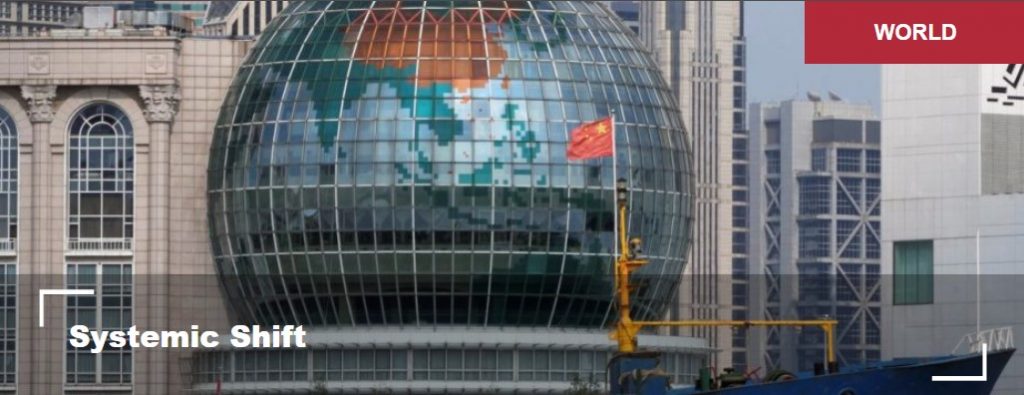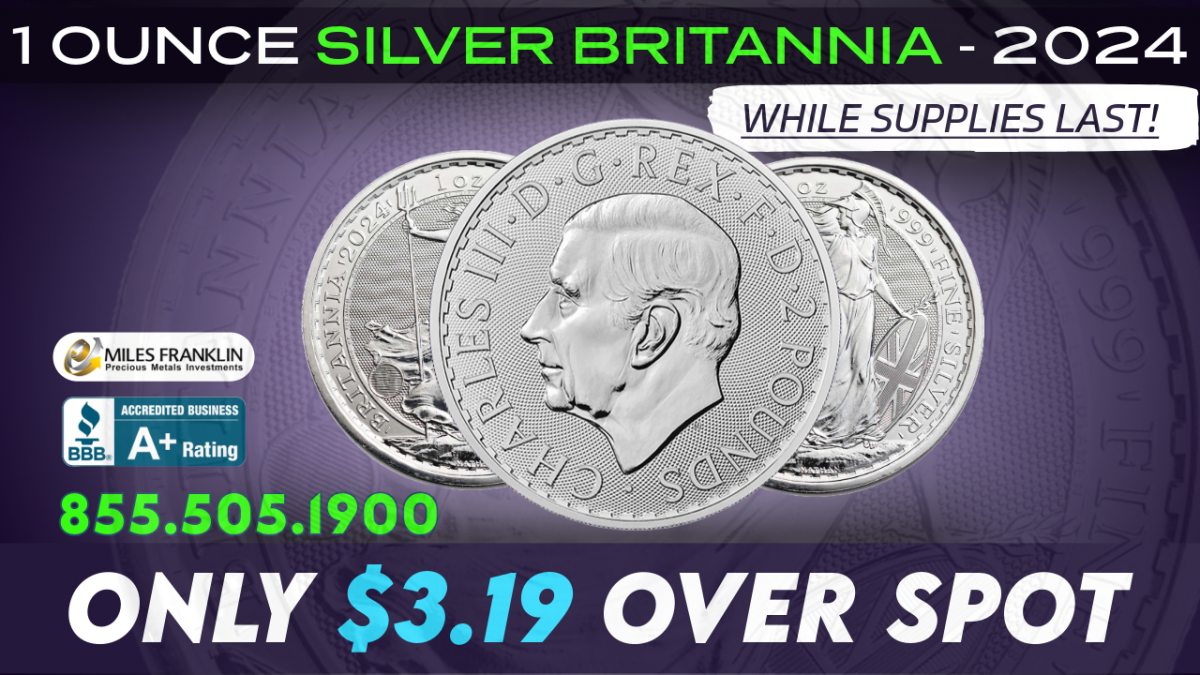
Soon enough it is probable that most countries, however reluctantly, may have to choose which of the two incompatible financial systems they want to align with. And one of them is already obsolete.
It is accepted that changing a deeply entrenched complex system is virtually impossible. The Western neo-liberal economic model is a prime example of this, even as it fails it is incapable of adjusting to that reality. It is a system that is driven by avarice to the exclusion of all other considerations, there is no delayed gratification, returns must be immediate, for patience is not hailed as a virtue in this system. The system has always been kind to those that created it for their own benefit. For a short time, it provided for a comfortable Western middle class. But it has always been cruel and brutal to those in the “lesser” nations of the Global South. The system had power, military power which was uncontested until comparatively recently. The military was there to ensure that nations stayed in the dollar-dominated neo-liberal model. Even when a country tried to liberate itself from the Empire model, it had nowhere else to go. There was no alternative to the international financial and banking system. Until now.
Systems rarely change effectively, they seldom evolve, they are overtaken by better systems, systems that in time make the old systems obsolete. We are witnessing this now as China’s economic model is winning favour throughout the world. With more than 150 countries now partnered with China in the BRI, China’s approach is markedly in contrast to their partner countries’ previous experiences with the Western empire mindset. The win-win, mutual benefit approach of the Chinese is generating much goodwill globally. Generating goodwill has never been a consideration of the West, that didn’t need it, it could just pressure or threaten nations to bend to its will.
The BRI has been slandered in the West as a debt trap, as if countries in the Global South didn’t know what a debt trap was, they had all met the IMF. However recently even Harvard University reluctantly had to admit the it wasn’t the case. Between 2000-2019 it cancelled more than $3.4 billion in loans and restructured more than $15 billion in African debt. It has just announced that it is now cancelling 23 interest free loans to 17 African nations. China is also increasing investment in Africa with more infrastructure projects planned across the continent. The differences in the Chinese and IMF approaches is clear here. The IMF is a tool of Western financial capitalism, its Empire model has always been to keep the Global South impoverished and weak, and thus easier to exploit. The Chinese model is the reverse, it depends on prosperity for all. More prosperity more customers, more business opportunities. China’s motives have long been questioned, it certainly isn’t altruism, but neither is it nefarious, China is very clear what is in it for them.
The communist party still rules China but their economy is anything but communist. Before the reforms introduced by Deng Xiaoping in 1979 China had already abandoned many of the tenets of communism. They had learned from their own failures in collectivism and the State control of production, they had also witnessed these failures in Soviet Russia. The main lesson they learned was that the fixation on “the distribution of wealth” missed the essential point, you have to create wealth before you distribute it. And they understood that only private enterprise provided the incentive for the necessary wealth creation. China’s growth since 1980 has mainly been driven by private enterprise. China’s state sector covers mainly, energy, education, medical, banking, transportation and infrastructure. All the essentials of everyday living and business, to be clear none of those are free, but they are affordable, and the basic necessities of life don’t account for a huge portion of the average Chinese income. Freeing up more disposable income to spend into the economy. The state provides the world class infrastructure and affordable energy required to run a functional business. In China, the state sector is there to enable private business, not compete with it. The competitive advantages that have driven Chinese growth globally, have grown out of the business-friendly environment created by the government.
Their model of “public banking” enables China to affordably build enormous infrastructure projects with long-term low interest loans. Not just in China, but in more than 100 countries around the world. These produce growth, development and prosperity. Sadly, in the West, private capital shuns infrastructure development because the returns are too low and take too long to mature. Ever wonder why nothing gets built in the West anymore? That’s why. The West’s model of “financial capitalism” incentivises all the wrong things. The financial predators have been detached from the real, the physical economy for too long. It is at the heart of the problems that the West is now facing. China’s model is more “industrial capitalism”, like they used to have in the West, back when they still invested in industry. When it invests, it builds, it develops and everyone wins, except of course the financial predators. National, public banking is what the financial powers have been violently resisting for centuries. They continue to do so.
More than 70 countries are hovering dangerously close to defaulting on their international debts according to the World Bank. Traditionally, the IMF would already be in those countries to administer some neo-liberal solutions to their problems. Yet they have no solutions that will provide for hungry, increasingly angry people who can’t afford the basic necessities of life. The only concern of the IMF is that irrespective of a country’s problems, servicing the debt is the most important thing. The IMF is not known for its forgiving nature when it comes to debts, and as may be expected it cares little about goodwill. China’s debt forgiveness in Africa has shown it to be reasonable and understanding of other nations problems. For many suffering countries, China may be their last, best hope of avoiding a future of IMF financial control.
Many countries through Africa and Latin America are turning away from the Western financial system and are developing their own regional currencies. These countries have never had the opportunity to develop their own economies independent of Western interference. For them the example set by the Chinese economic model shows how a country can rise out of absolute poverty to become the most dynamic economy in the world in just 3 generations. It is not necessary to adopt China’s political model, and China wouldn’t suggest so. Yet the economic lessons learned from China on how to run a political economy, how to industrialise and develop, will be used by many of the newly independent nations.
The neo-liberal model is in its death throes, it is about to unleash a global financial cataclysm upon all and yet still presumes to lecture countries about their economies. It is a system that can’t protect itself from its own greed and arrogance, and now all will pay. That model has been exposed of all its frailties. Like the Chinese model the neo-liberal model depended on prosperity in their domestic economies, but unlike the Chinese they never invested in that prosperity. Little or no infrastructure has been built in North America or Western Europe for decades, the evidence for this is everywhere and can serve as metaphor for the wider societal decay. Neo-liberalism won’t disappear overnight, but it has been proven obsolete, exposed by a more equitable and productive model and mindset. Many countries will be forced to reset their economies in the near term, availed of the choice, most countries would not choose the neo-liberal model, but another, a better system, like the Chinese one but with their own unique national characteristics.
In 2008 when the Western financial system last crashed, it threatened to take down the world economy with it. While in the West the response was austerity and cutbacks, China
launched the BRI initiative and increased investment in all areas. At the outset of the crisis it lost 30 million jobs in China, it replaced them in a year. China’s policies saved the world economy from total collapse through its increased purchases in raw materials and food stuffs. It is now faced with a similar dilemma. With an economic philosophy that depends on global prosperity what do you do when everyone is broke? If it doesn’t assist partner countries in rebuilding their economies, its own model will be in jeopardy.
The long spoken of de-coupling is already happening. Distinct blocs are shaping up U.S./Europe, Russia, China, countries are being pressured by the West not to do business with the other side. The threat of sanctions don’t carry the weight they once did and are widely resented and ignored. Most nations proclaim neutrality, at least publicly. However, soon enough it is probable that most countries, however reluctantly, may have to choose which of the two incompatible financial systems they want to align with. And one of them is already obsolete.
Original Source: Systemic Shift — Strategic Culture (strategic-culture.org)






